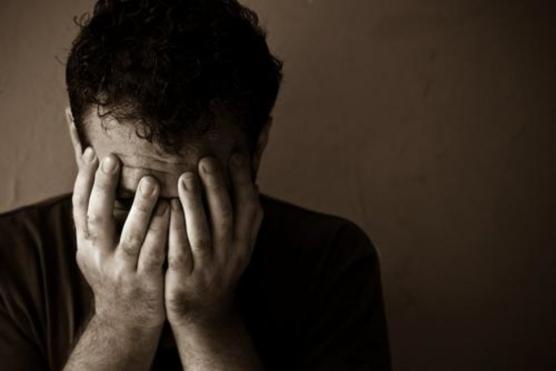Dear Guilty People,
For my English class, I was required to read a classic. I decided to read Crime and Punishment by Fyodor Dostoevsky. Originally, I wasn’t super invested in the book. But soon I really began to enjoy it and appreciate the power it brings. It really opens your eyes to what guilt is truly like.
And you won’t find a greater example of the effects of guilt as you will in Crime and Punishment. The book follows a young man named Raskolnikov, and how his life begins to fall apart after he murders an old pawnbroker and her sister. He begins to go mad in guilt and paranoia, causing him to treat those he loves horribly. His health also declines. It doesn’t take long for him to realize that he wasn’t as superior as he thought (the murder was sparked by his idea that those who are superior can get away with doing bad things).
From the moment he returns home from the murders, Raskolnikov is already starting to feel the punishment that comes from his crime. “All at once, in one flash, he recollected everything. For the first moment he thought he was going mad. A dreadful chill came over him; but the chill was from the fever that had begun long before in his sleep” (Page 91). And this is only the beginning of the problems he will face.
One of the most nail-biting moments of the story is the interview that occurs between him and detective Porfiry Petrovitch in Chapter 5 Part 4. Though he has only come to collect the belongings he had sold to the pawnbroker, he gradually begins to go mad as he assumes Porfiry has brought him in to convict him of the murders. In actuality, Porfiry had no intention of convicting him (though we later learn that this wasn’t the truth and that he had long had suspicions of Raskolnikov), yet Raskolnikov’s anger and stress continues to grow until Nikolay comes in to falsely admit to the crime.
When it comes to his conviction, it’s crystal clear that Raskolnikov’s true punishment is guilt. During his trial, he does nothing to defend himself, confessing to the crime in tedious detail, as seen in Chapter 1 of the Epilogue. And once convicted, he shows no care for the poor conditions of his cell and health, further showing how numb the guilt has made him. With these events in mind, it really encouraged me to look further in to guilt.
After hearing about how dark of a story Crime and Punishment is, you probably don’t think that you have a lot in common with Raskolnikov. And I was the same way. However, with further thought I realized that the guilt I’ve felt in life is similar to his, though on a drastically smaller scale. When I feel guilt, it eats at me, to the point where I want to do anything I can to get rid of it. But for me, it’s not just a selfish thing; I feel horrible when I know I’ve hurt someone, and I want to do everything in my power to make the person feel better and resolve the issue.
Even hearing about how I could connect to the book probably hasn’t caused you guilty people to see yourself in this story. But you do have something in common with Raskolnikov: you either are feeling the effects of guilt right now or have felt them. And just because this book was published back in 1866 doesn’t mean it isn’t relevant today. Though you guys have some really bad guilt, no one on this planet can say they haven’t felt guilty before.
We all know what guilt’s like: it eats at you, it changes your personality. And sadly, it’s found that we all experience the feeling of guilt for 5 hours every week. And even stranger, a study done by Princeton University found that the weight we think we feel from guilt is an actual physical sensation.
When I think about how guilty people behave, I first think of how unhappy they are. They’ve done something they regret and can’t undo it. Because of this, they start to feel like crap. The guilt causes them actual pain, and eats them inside. Their emotions start to cause them to lash out at those they care about, further worsening their problems. When this happens, they just create a cycle of hurting others and hurting themselves for it.
But I’m not writing this letter to you to tell you what guilt’s like; you know because you’re feeling it right now. My hope writing this letter is that it encourages you to do your best to resolve the issues that are causing you guilt. I hope that hearing about this story will open your eyes to how powerful the feeling of guilt can be, and how it could truly damage you. And because of this damage, you could in turn further hurt the ones you love and care about. So my hope is to give you the push to change yourself for the better. And think of it this way: resolving the guilt you have will be way easier than it was for Raskolnikov if you take care of it now!
What I really took out of reading this book is how we can become our own enemy, and that if we don’t try to resolve our issues, they can truly destroy us. Though it was a school assignment, I’m truly thankful I read this book. I honestly wouldn’t have ever considered reading it had I not been required to. But because of it, I was able to better understand what guilt is like and how damaging it could be, which encouraged me to try to be more of a better person than I was before. And I hope that you reading this will encourage you to do the same.
Sincerely,
Chris Winegarner
















